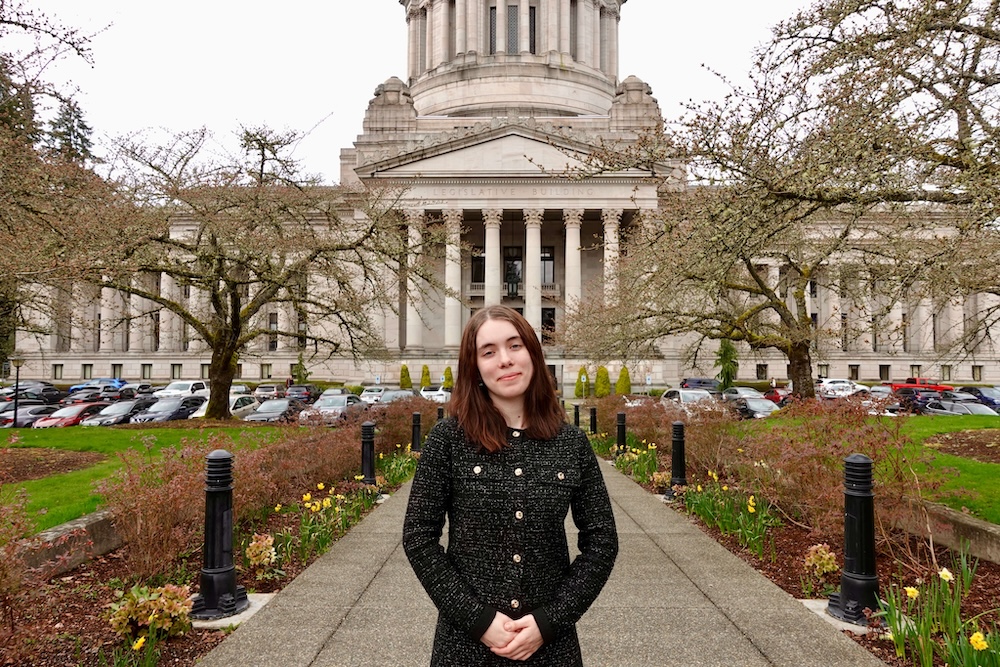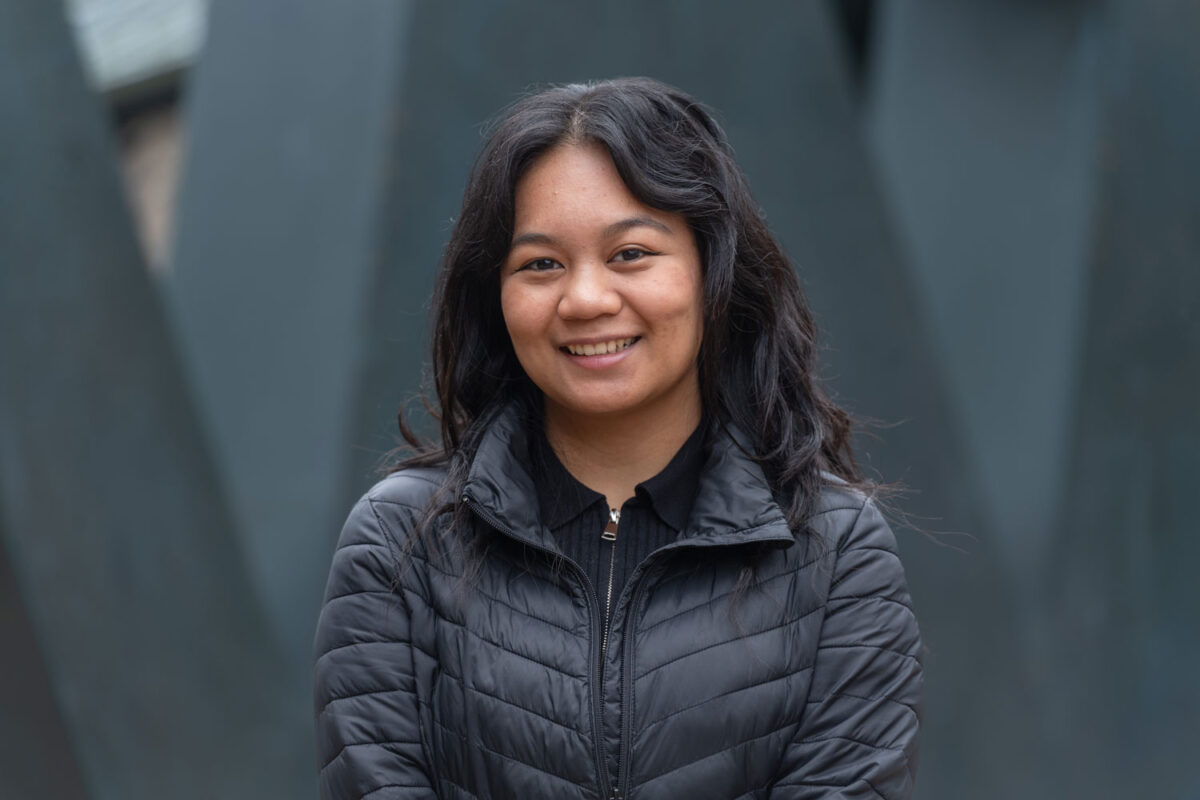
By N. L. Sweeney
Whether it’s sipping tea in Hyde Park or bowing before the Temple of the Emerald Buddha, many people have dreams of traveling to far-off places. Students at the University of Washington Bothell are no exception.
According to a study conducted by the American Council on Education, 50% of incoming college students have an interest in studying abroad during their university education. The same research showed that 26% of students want to go abroad but believe they will be unable to do so.
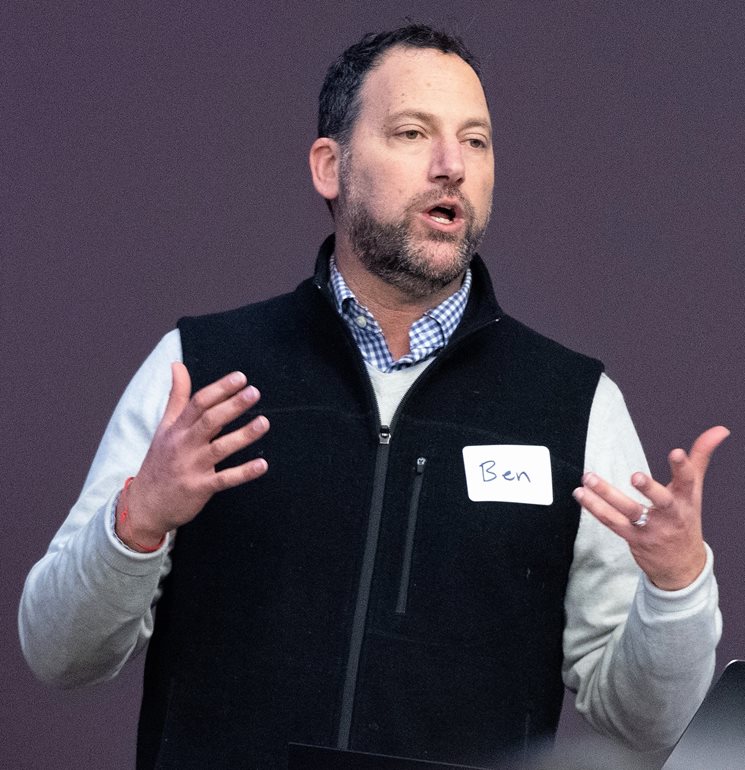
It also revealed that only 5% of graduating students pursue such an opportunity to study abroad.
To help address this discrepancy, Professor Ron Krabill and Associate Professor Ben Gardner in the School of Interdisciplinary Arts & Sciences proposed a new program in 2017 called Global Scholars. Its purpose was to create a support network for a cohort of students from diverse groups that often do not have access to these sorts of opportunities.
Getting there
The program officially launched autumn of 2018. Eva Navarijo, director of Student Services & Advising, joined as a co-director that quarter and Natalia Dyba, director of Global Initiatives, joined as a co-director in autumn 2019.
With this faculty and staff leadership, the program has already helped attract more students to consider studying abroad — and helped them overcome some of the barriers that can stop them.
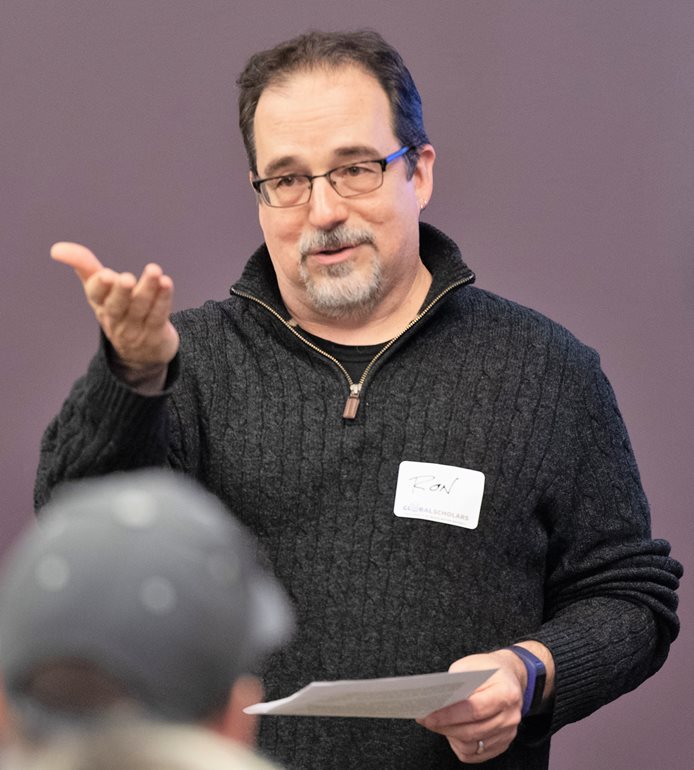
“Before we began Global Scholars, we were getting really fantastic students who were interested in international education,” said Krabill, “but they weren’t able to make it those last few steps for a variety of reasons. We wanted to make a program that gave students the support that made it possible for them to get where they wanted to go.”
Traveling across the country or internationally for school brings with it a multitude of challenges and complications. One of the most common among them is financial difficulties.
With funding from the University of Washington and external donors — including a significant contribution from IAS board chair Leslie Olson — each member of the first cohort received assistance through a combination of scholarships. This first year of students studied in Cambodia, Costa Rica, Lebanon, Norway, Spain, Thailand and locations around the United States.
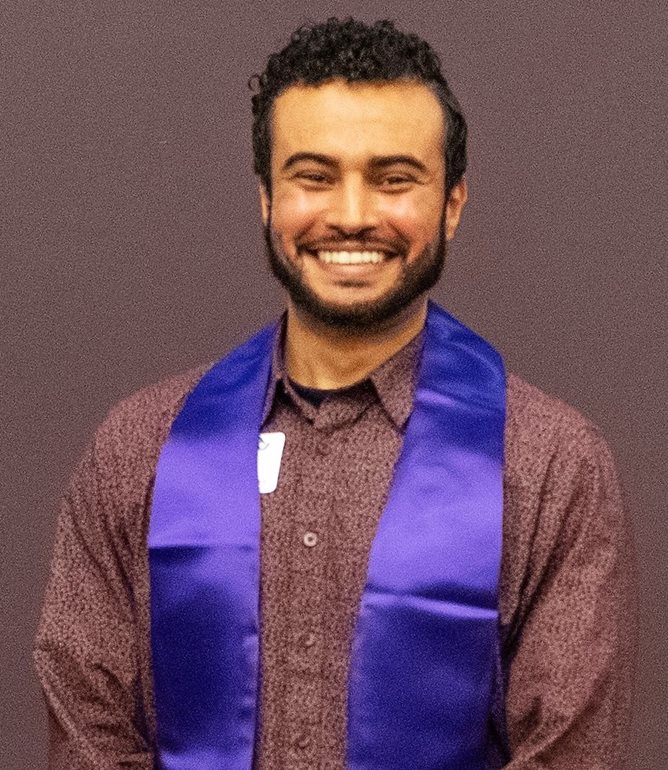
“Before hearing about Global Scholars, I hadn’t even considered studying abroad as a possibility, even though I knew I wanted to get involved in field work abroad,” said Mohamed Bughara (Global Studies ’20), whose work brought him to Lebanon where he fostered connections with amateur journalists. “Global Scholars showed me how I could make my desire to travel a reality.
“Thanks to the program,” he said, “I ended up rediscovering my passion for grassroots organization. I couldn’t have gotten there without the support I got here.”
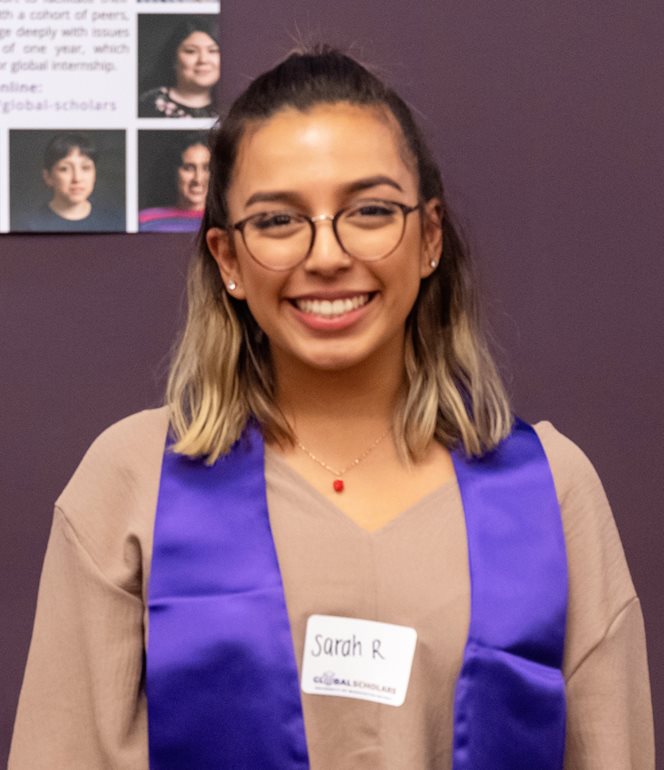
Students accepted into the annual cohort take a course in the spring that is designed to get them ready for their adventures. For Sarah Ramirez (Pre-major ’23), the preparation shifted the entire context of her time.
“Our class helped me think more critically about my time in Rome,” said Ramirez. “I found myself questioning my privilege and examining the complexities of immigration in a way I wouldn’t have without knowing to look for it. And my time was richer for it.”
Coming home
Ironically, one of the most difficult parts of going away is coming back.
According to Krabill, reverse culture shock, loneliness and a lack of understanding of their experiences often leave students feeling isolated and unable to process their time abroad. To help students integrate what they’ve learned abroad into their lives back home, cohort members participate in a second, post-study course in the fall. In this course, they consider what it means to be a global scholar.
The class also moves beyond reflection and asks students to look ahead. “We encourage them to maintain connections with the people they meet and ask the question, ‘Where can I take this next?’” said Navarijo. “We want their experiences to be more than just isolated trips.”
Students of the 2019 cohort took this goal to heart. Bughara is establishing a nonprofit to help create a platform for local Lebanese journalists to share the stories their government is attempting to silence. He credits his Global Scholars experience with reigniting his passion for field work.
“We’re not just interested in creating global students,” said Krabill. “We want to foster global citizens.”
To read more about Leslie Olson’s gift, see UW Bothell’s Annual Impact Report.

